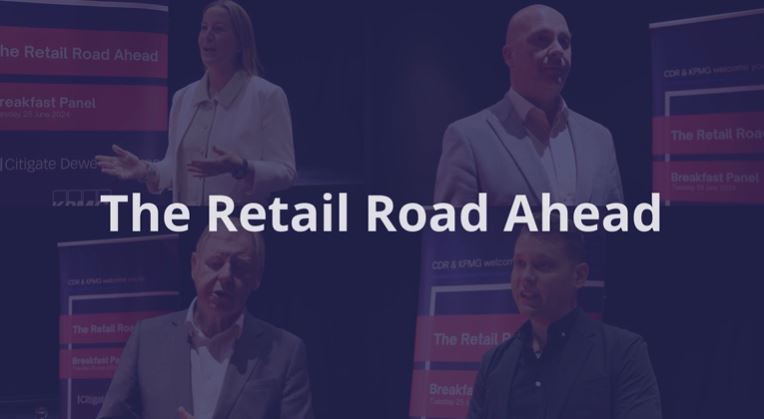Leveraging Japan Weeks 2024 as an Opportunity for Financial Services PR
Japan Weeks 2024 is a financial services forum that the Japanese government will host from 30 September to 4 October, with additional activities planned for the surrounding weeks. This event is part of Japan’s ongoing efforts to raise its prominence as a financial centre and as a hub for asset management targeting both institutional and retail investors.
The Japanese government’s charm offensive will feature keynote speeches, networking sessions, and seminars about asset management, alternative investments, private equity, private credit, and real estate investment with some of the world’s biggest investment firms in attendance.
This event presents a great opportunity for international financial services firms to raise their profile in Japan with well-placed media engagement, but a tailored approach is necessary to make sure you catch Japanese journalists’ attention and avoid sounding like everyone else.
The inaugural Japan Weeks took place in the autumn of 2023. In the run-up to the event, Japanese Prime Minister Fumio Kishida visited the United States, where he told a room of bankers at the Economic Club of New York that he will encourage “sophisticated asset management,” lower barriers to new entrants, and ease regulations to allow more outsourcing of back-office functions. Only days later, BlackRock’s CEO Larry Fink and the heads of other major foreign asset managers travelled to Tokyo, where they dined with Prime Minister Kishida behind closed doors and discussed how to lure more foreign asset managers to Japan.
This year, more executives at foreign asset managers, investment banks, pensions, and sovereign wealth funds are expected to fly to Tokyo, which opens up opportunities for connecting not only with Japanese politicians, regulators, and major investors, but also with the Japanese financial journalists whose audiences include these three groups of key stakeholders.
To stand out during Japan Weeks, companies should focus on several key talking points:
1. Back up your commitment to Japan: It is easy to say you are committed to investing more in or doing more business in Japan. If you back that up with specific targets for increased investment in Japanese assets, targets for new financial product offerings, plans to set up new business units or even new joint ventures, then journalists will find you much more convincing.
2. Local Hiring and Talent Development: If you tell journalists about your hiring plans in Japan to meet an anticipated increase in demand from institutional or retail investors, or because you expect to do more private equity deals, this will also make your story more compelling. Further, if you acknowledge the importance of female participation and the need to put more effort into retaining employees given Japan’s shrinking workforce, this shows you are in touch with local concerns.
3. Corporate Engagement and Value Improvement: Showcase your track record of corporate engagement in Japan. Provide examples of how your firm has worked with Japanese companies to improve corporate value through strategic investments, governance improvements, and operational efficiencies. Highlight key success stories that illustrate your positive impact on the local business environment, or articulate how you have created value in other markets and intend to replicate that in Japan.
4. Sustainability and ESG Initiatives: With a growing emphasis on sustainable finance, articulate your commitment to ESG principles. Discuss specific initiatives and measurable outcomes that demonstrate your firm’s dedication to responsible investing and its alignment with Japan’s net carbon-zero goals.
Conclusion
Japan Weeks is a small part of a larger strategic initiative that reflects Japan’s ambition to be closer to the forefront of the global financial services industry. It reflects a series of policy moves that started a decade ago with the introduction of a stewardship code, reforms to improve corporate governance, public pension money’s embrace of ESG, tax incentives for household investors, and the improvement of capital efficiency for listed companies.
For the firms that invest and manage the world’s assets, it presents an interesting opportunity to engage with key stakeholders, showcase expertise, and differentiate themselves in what will become a more competitive market.
